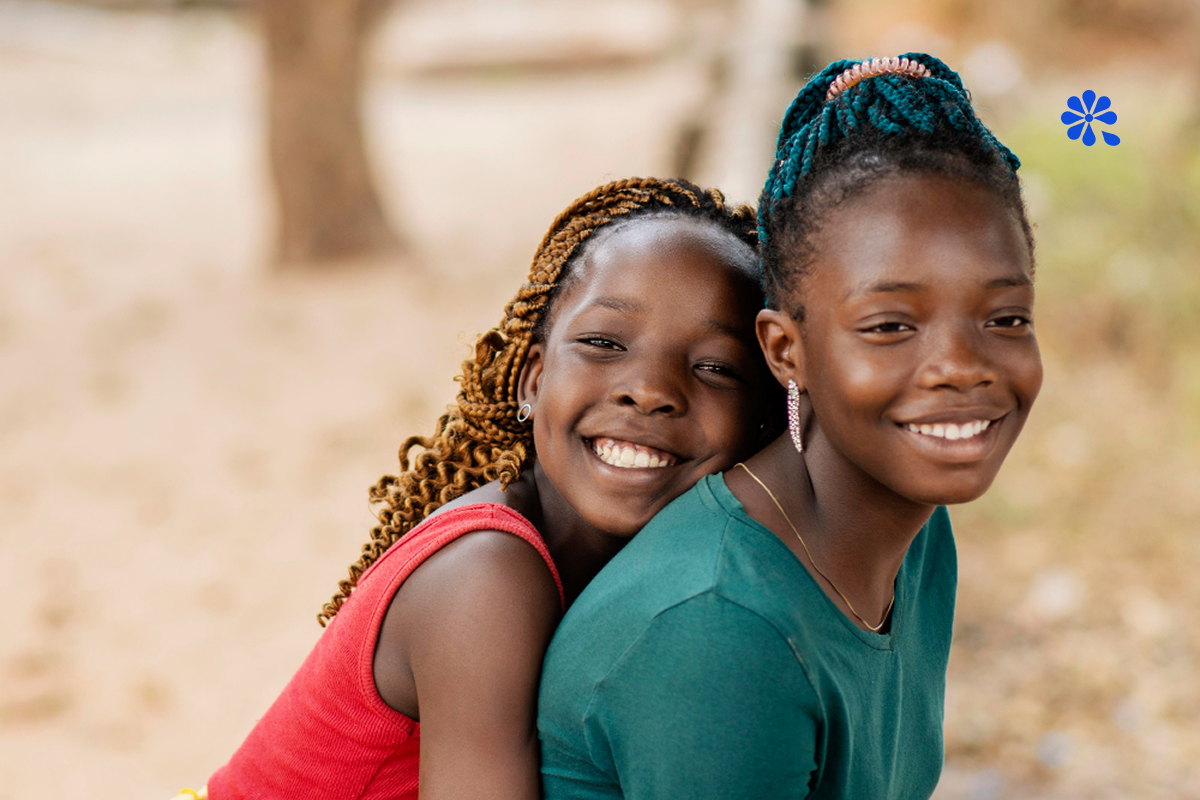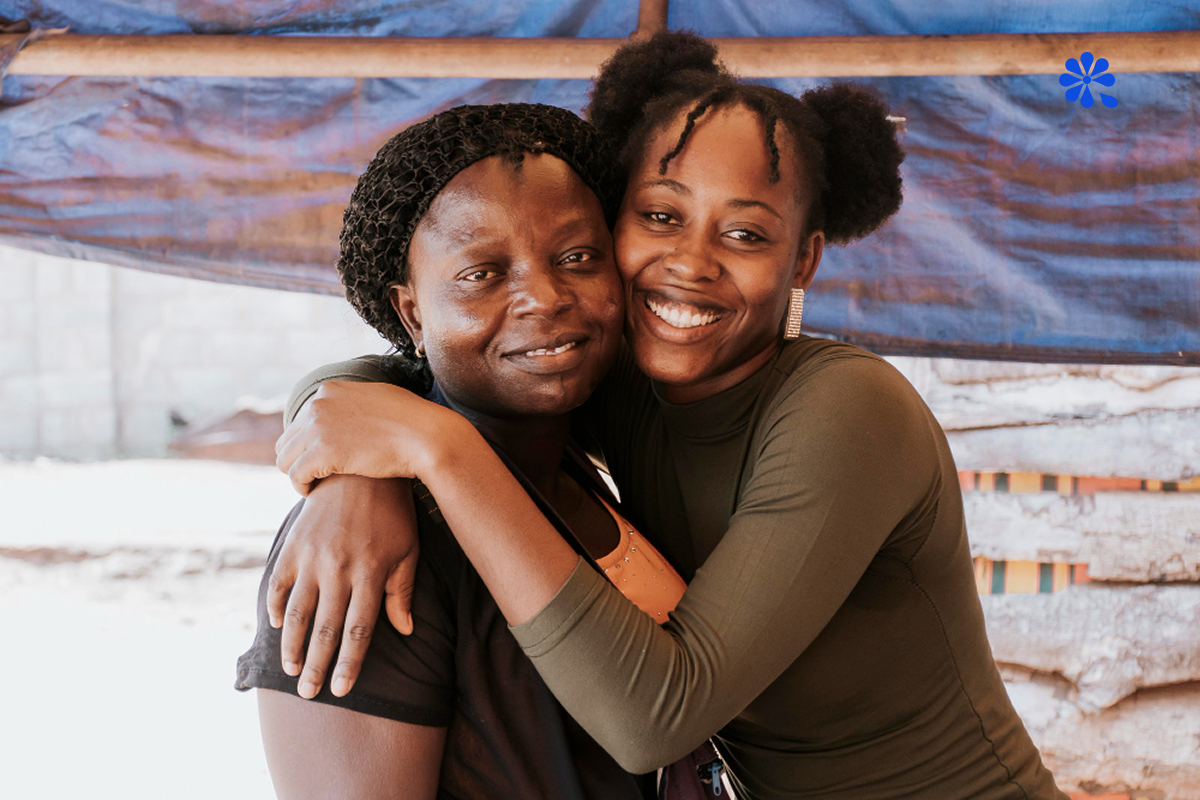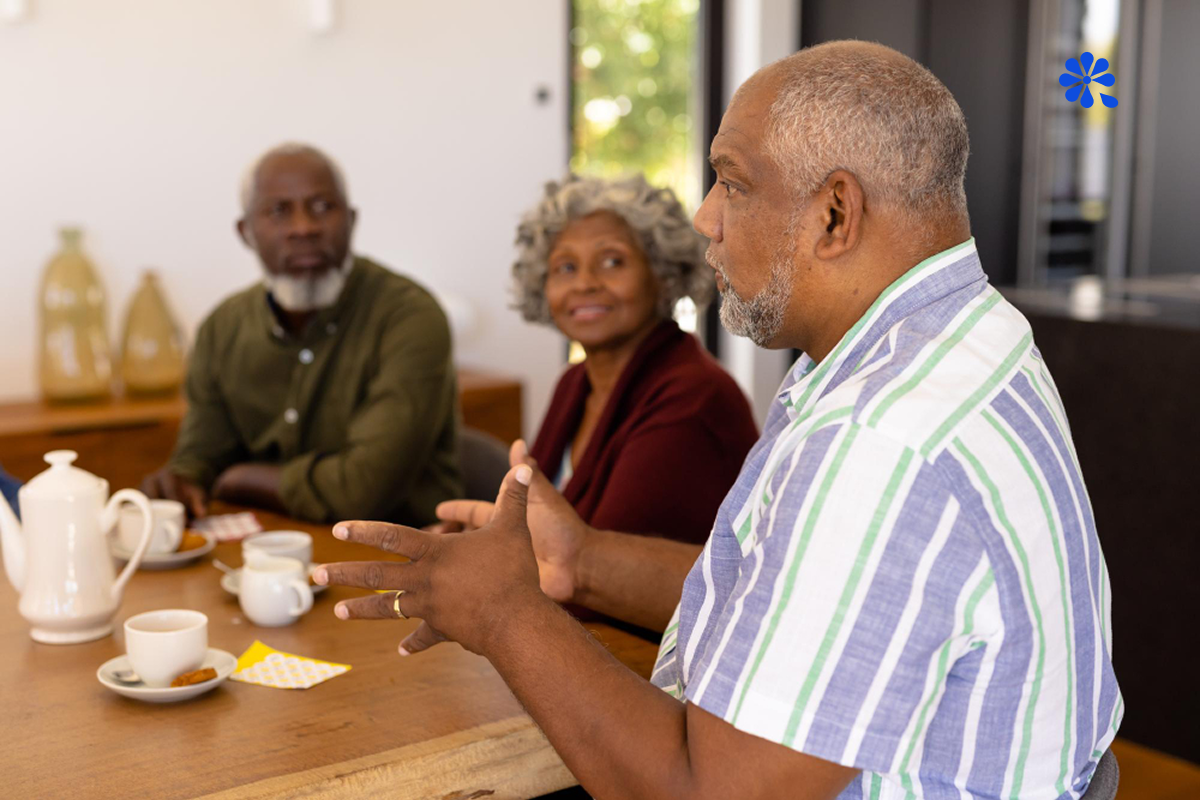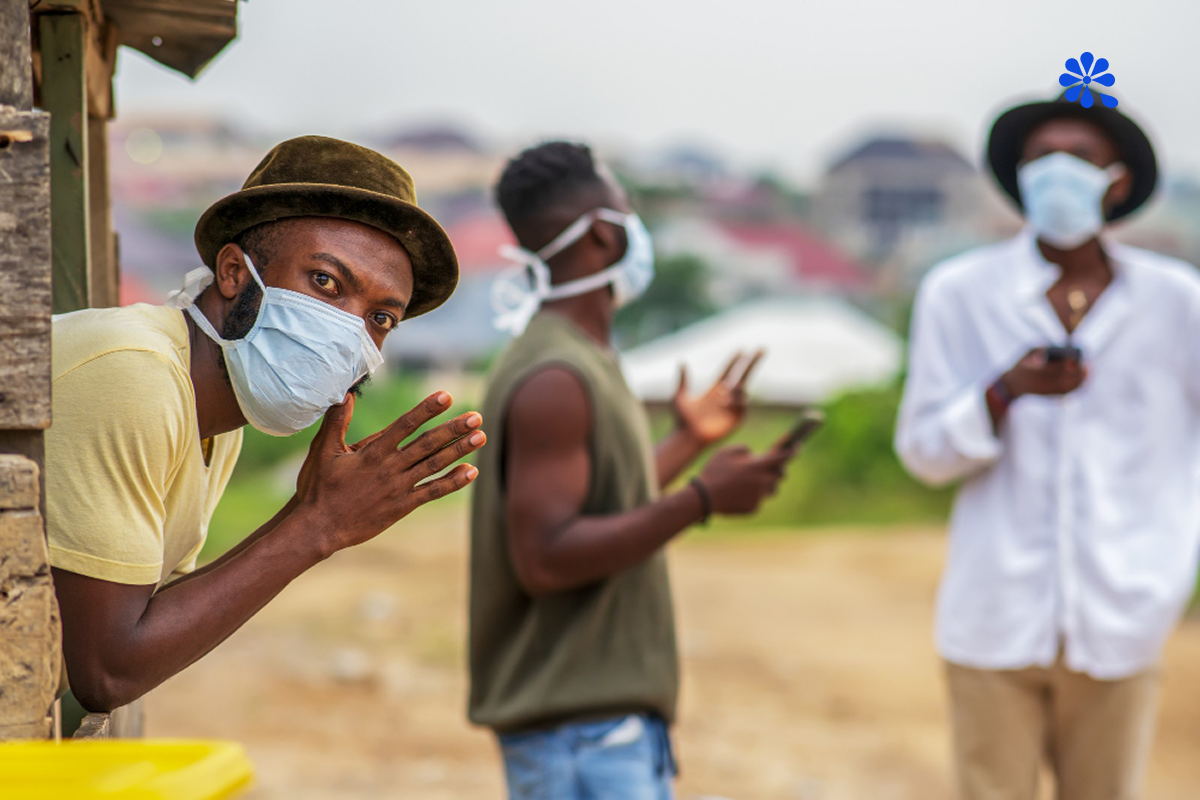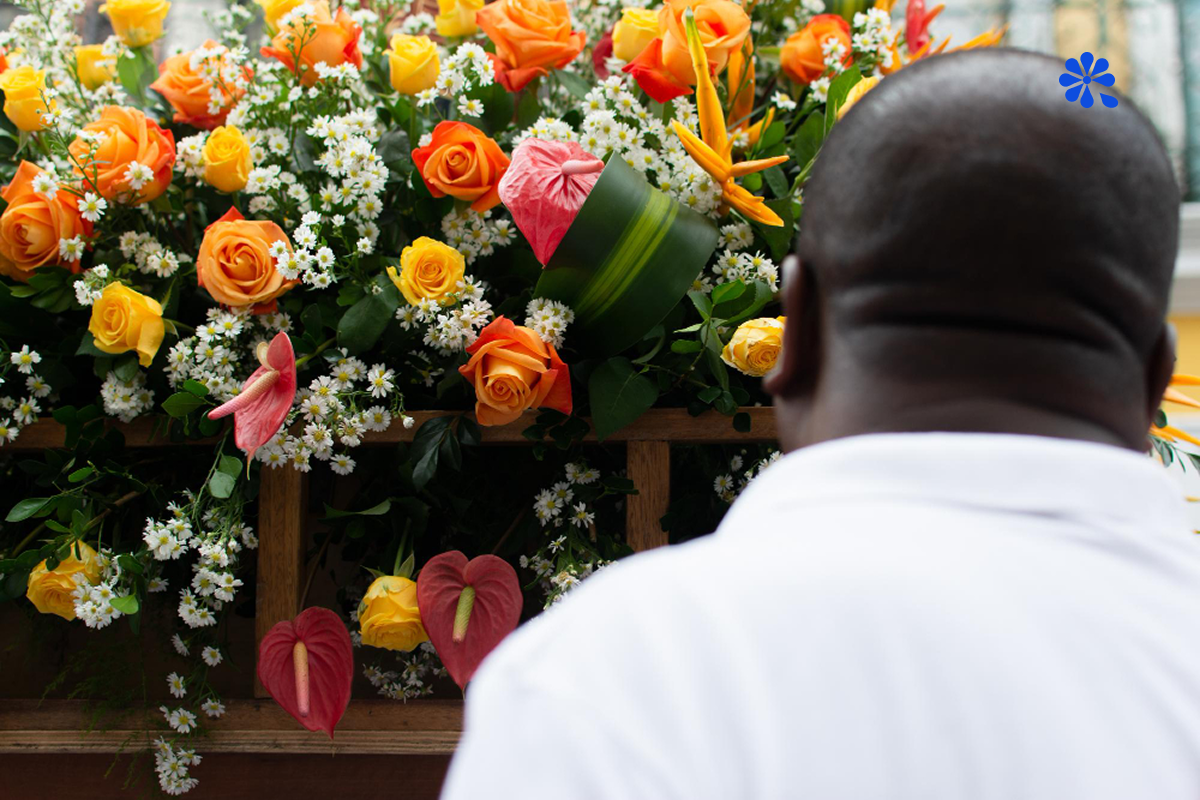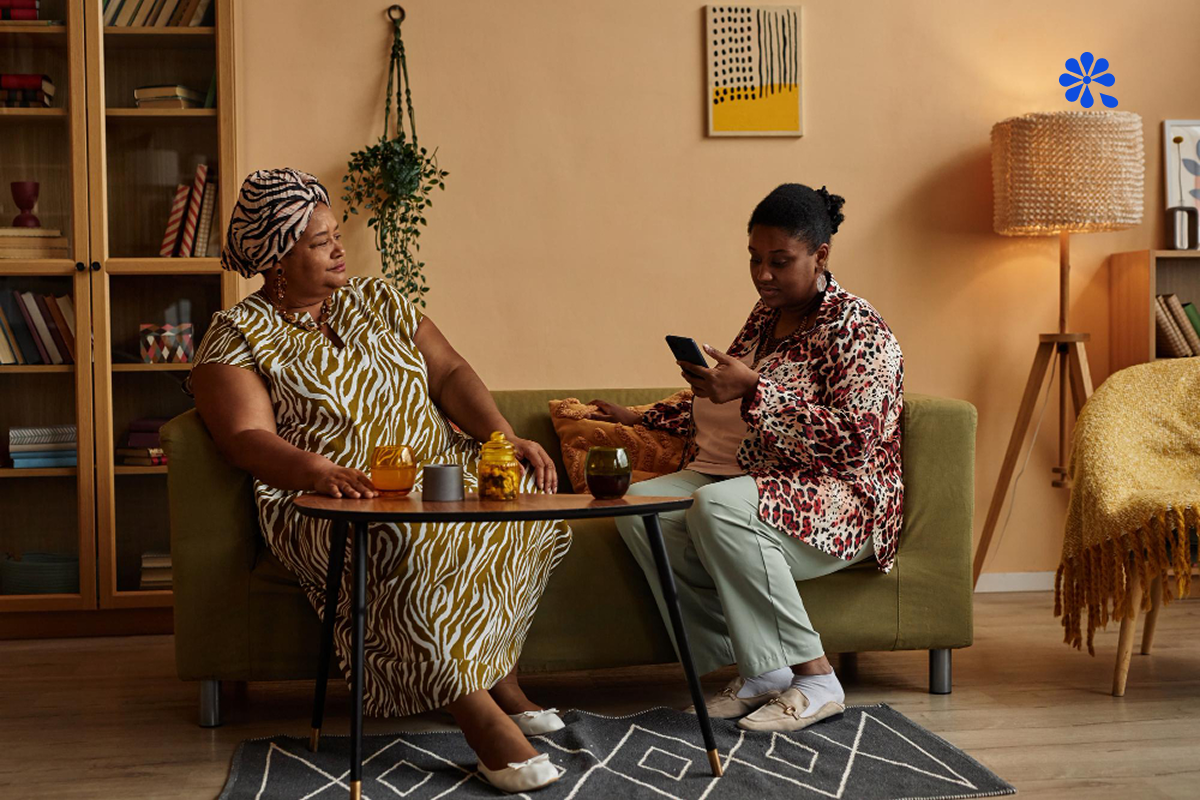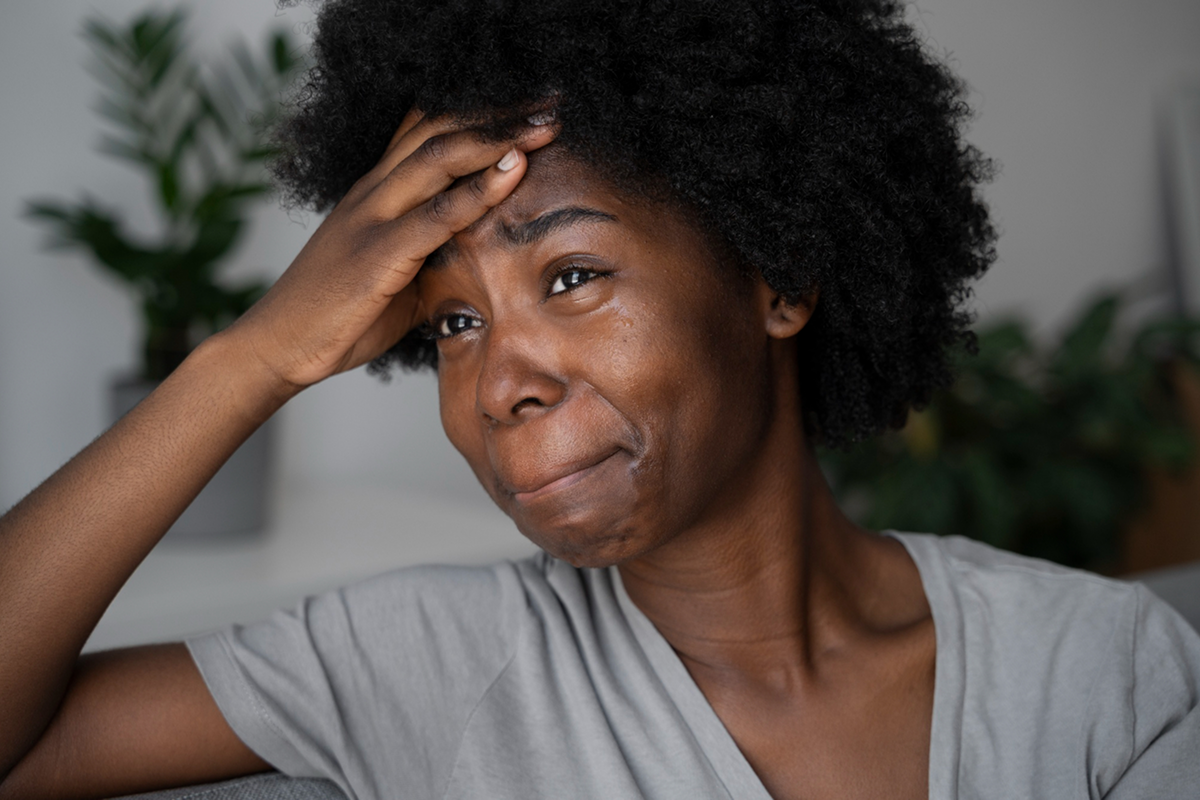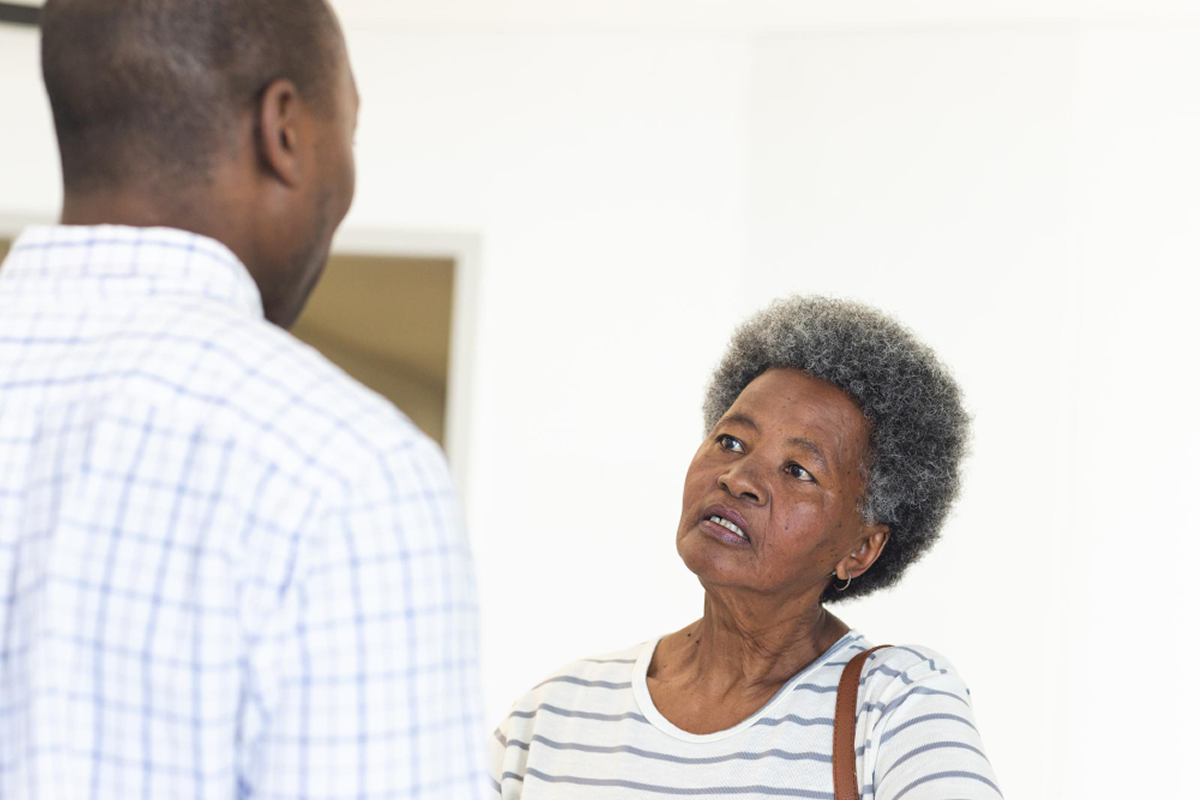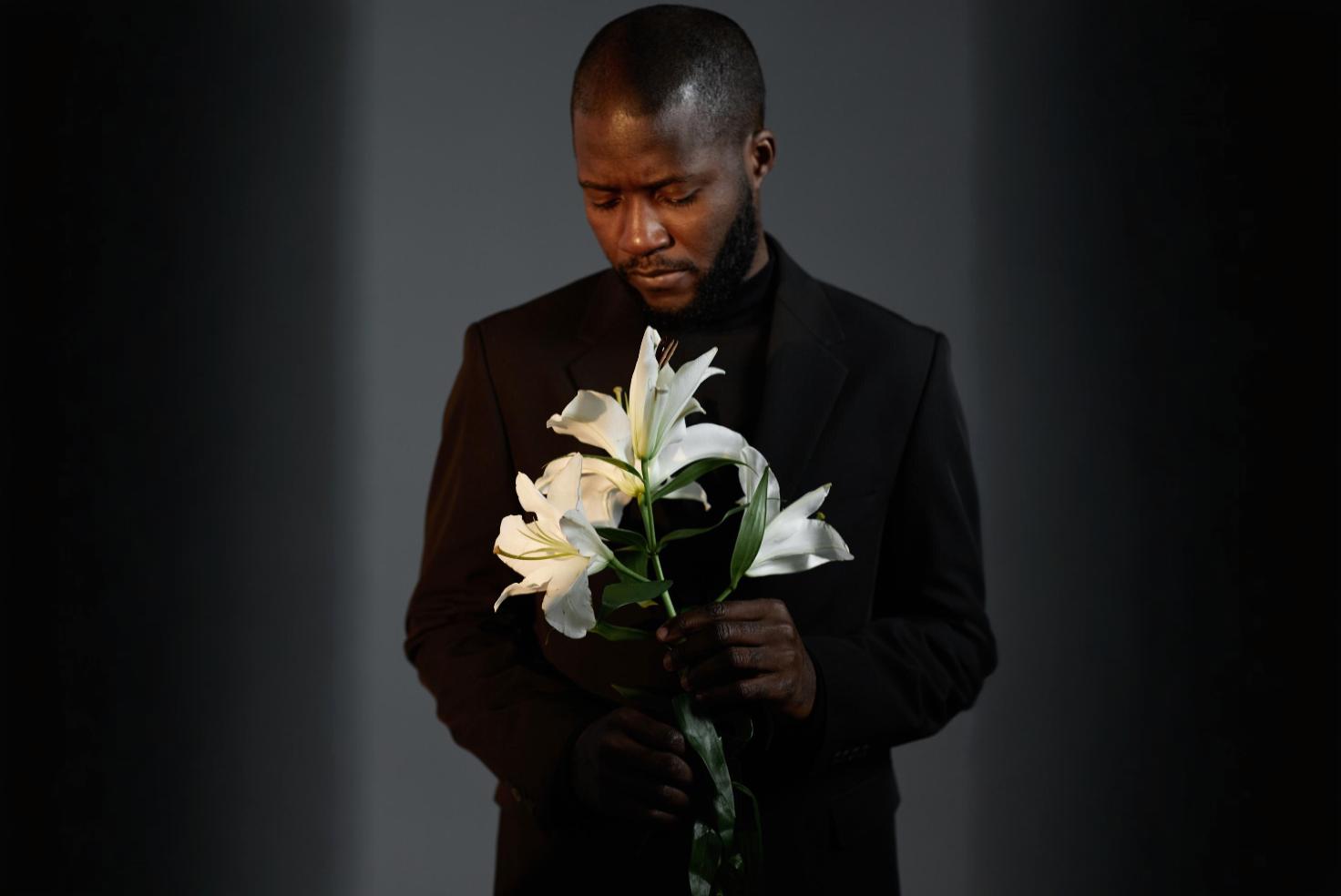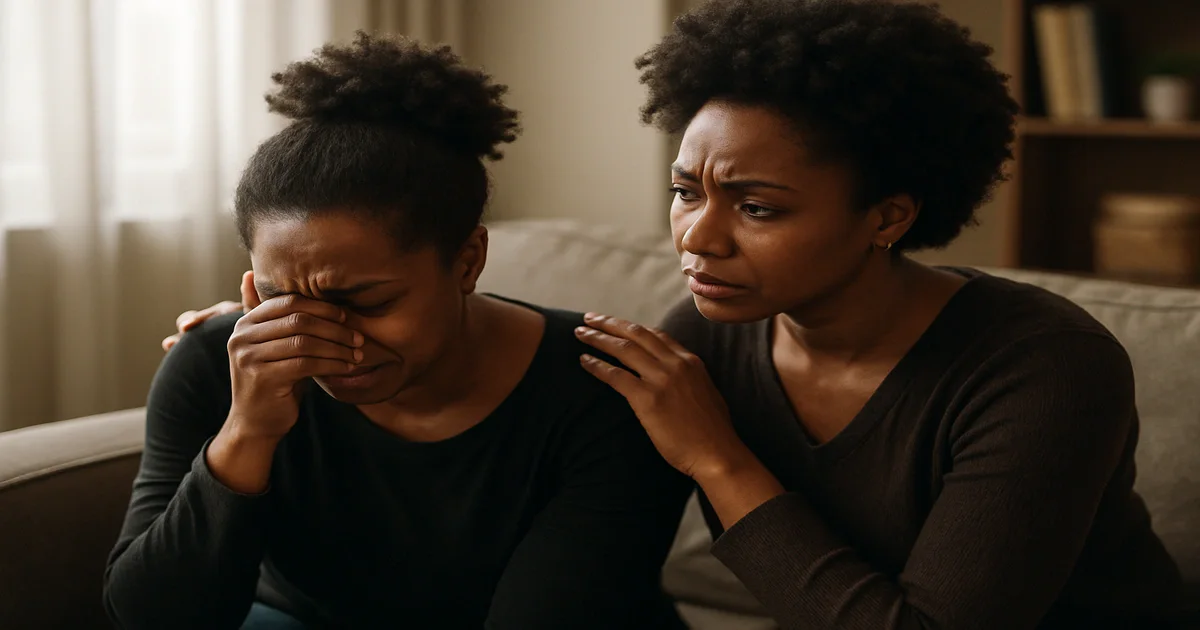Grief is rarely a straight line. In Kenya, as in many parts of the world, people experience loss in ways that are deeply personal but also shaped by our cultural, religious, and digital environments. Some losses are expected, others sudden. Some are widely acknowledged, while others are carried in silence.
Yet today, grief doesn’t just live in our hearts, homes, or churches. It also shows up in our WhatsApp groups, on Instagram timelines, and in the quiet searches we make on Google late at night. Understanding the different types of grief — and how they manifest online and offline — helps us name our pain and find healthier ways to carry it.
This article explores three often misunderstood forms of grief: anticipatory, complicated, and disenfranchised grief.
At a Glance 🕊️
- ·
Grief isn’t one-size-fits-all; it takes different forms depending on timing, circumstances, and social recognition.
- ·
Anticipatory grief begins before a death or major loss happens, preparing us emotionally in advance.
- ·
Complicated grief lingers, looping in ways that feel stuck and harder to process.
- ·
Disenfranchised grief is grief that society doesn’t fully acknowledge, leaving people unsupported.
- ·
Recognizing these types of grief online and offline can help us better support ourselves and others.
Why This Matters in a Connected Kenya
In our culture, grief is often communal: extended families gather, neighbors bring food, and prayer groups rally. Yet the digital age has added new layers — online memorial posts, fundraising campaigns, and even viral expressions of mourning.
But grief doesn’t always show up in expected ways. Sometimes the loss is months ahead, sometimes it feels like it never ends, and sometimes it isn’t even seen as “real grief” by others. This is why exploring anticipatory, complicated, and disenfranchised grief matters — so that in Kenya’s both physical and digital communities, we can hold space for every form of mourning.
1. Anticipatory Grief: Mourning Before the Loss
Anticipatory grief happens when we begin grieving before the actual loss occurs. This often comes up during long illnesses, aging parents, or when a major change feels inevitable.
- ·
Online signs: Long, emotional posts about “cherishing every moment,” sharing old photos, or quiet updates in private groups.
- ·
Offline signs: Families spending more time together, difficult conversations about wills or hospital care, sudden mood swings as hope and sadness collide.
- ·
Cultural nuance: In Kenya, anticipatory grief may be hidden under phrases like “tunamwachia Mungu” (we leave it to God), even as families quietly prepare for the worst.
Acknowledging anticipatory grief gives you permission to mourn in advance without guilt.
2. Complicated Grief: When Healing Feels Stuck
Unlike the natural ebb of grief, complicated grief persists and feels unresolved, sometimes for years. It can follow sudden, traumatic losses such as accidents, or when closure is difficult.
- ·
Online signs: Repeated sharing of memories, long posts expressing anger or guilt, or withdrawing from social platforms altogether.
- ·
Offline signs: Inability to return to routines, prolonged sadness, or tension in family relationships.
- ·
Cultural nuance: Kenyan families may expect people to “move on” after the matanga (mourning period). When someone doesn’t, they risk being misunderstood as weak or unwilling to heal.
💡 Withpema can offer guided support that helps families acknowledge complicated grief as valid, providing gentle ways to move forward at a personal pace.
3. Disenfranchised Grief: Loss That Isn’t Recognized
This is grief that society overlooks or invalidates. It could be mourning a miscarriage, a secret relationship, the loss of a pet, or even a job or dream. Because it’s not publicly recognized, it leaves people grieving alone.
- ·
Online signs: Subtle or vague posts hinting at pain without context, disappearing from digital spaces, or using anonymous forums to seek comfort.
- ·
Offline signs: Silence, reluctance to share, or being brushed off with comments like “you’ll be fine” or “at least it wasn’t worse.”
- ·
Cultural nuance: In Kenya, miscarriages or child loss often go unspoken, and non-traditional relationships may not be acknowledged publicly, compounding the silence.
Making space for disenfranchised grief is a radical act of compassion — reminding people that all losses are worthy of empathy.
Withpema Insight 🌼
Grief wears many faces, and not all of them are visible to the community. By naming anticipatory, complicated, and disenfranchised grief, we begin to soften the loneliness around loss. At Withpema, we believe every form of grief deserves recognition and care — both online and offline — so that no one has to carry it alone.
Parting Thought: Name the Grief, Lighten the Weight
When you can name the kind of grief you are carrying, you take the first step toward healing. You realize that what you’re feeling isn’t strange, weak, or “too much” — it is simply human.
In Kenya, we thrive in community, but some forms of grief slip through the cracks of tradition and modern life. Let’s be intentional about noticing them, both in the digital spaces where we scroll daily and in the homes where silence sometimes hides pain.
If you or someone you love is carrying one of these unseen forms of grief, lean on your community — and know that spaces like WithPema exist to hold that weight gently with you.
